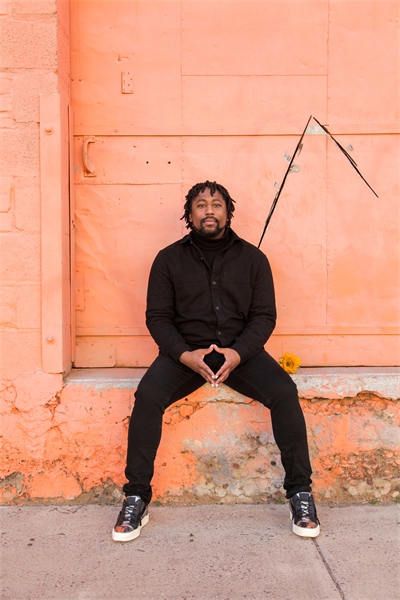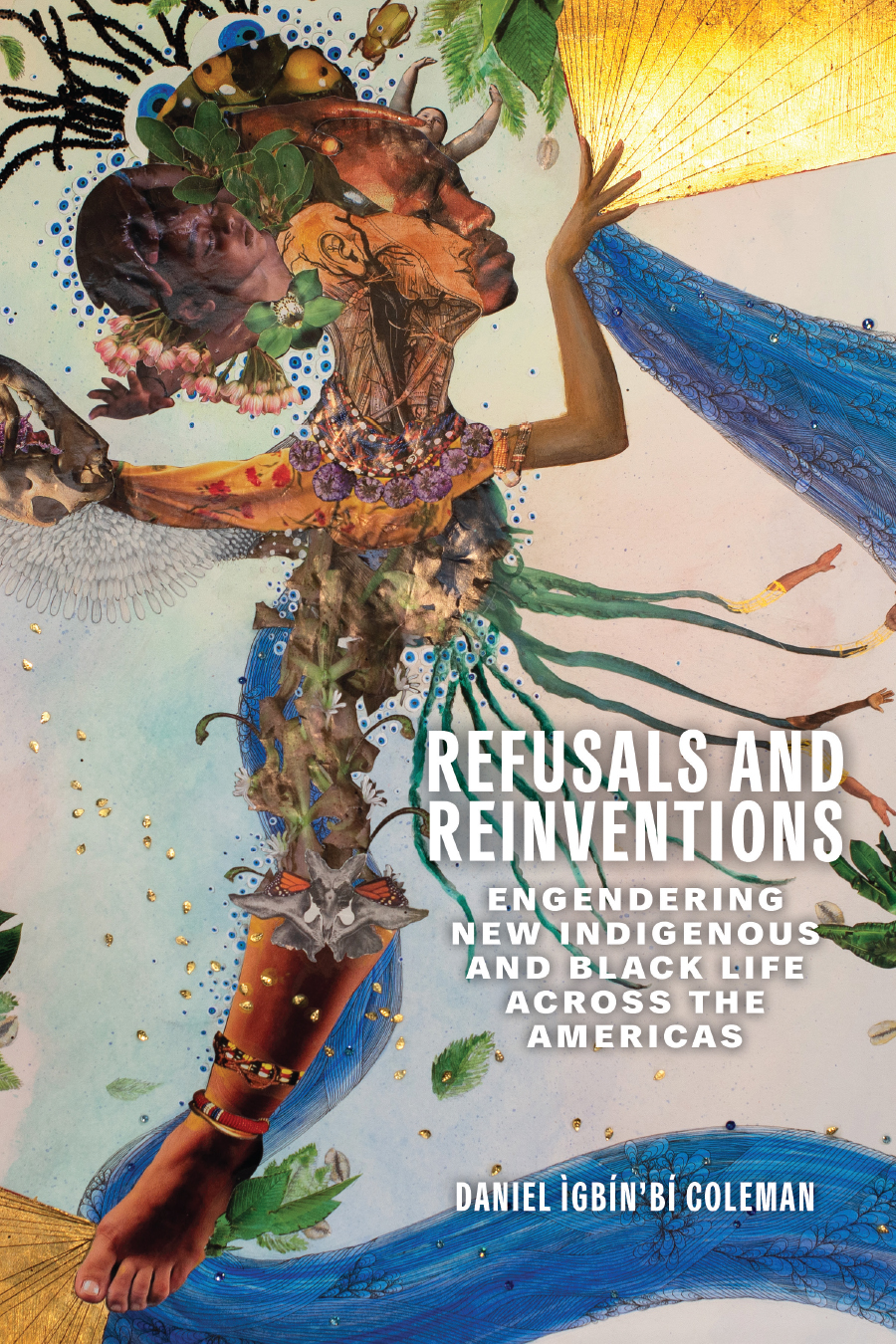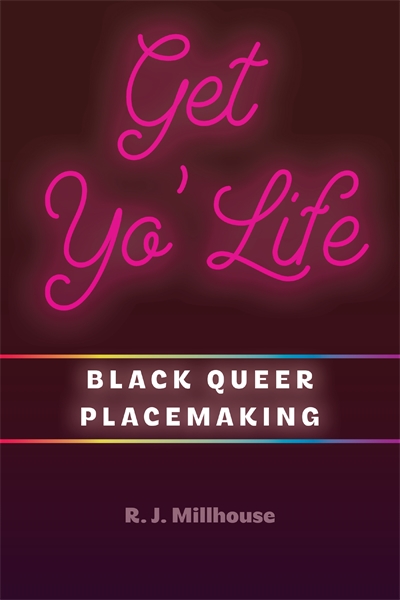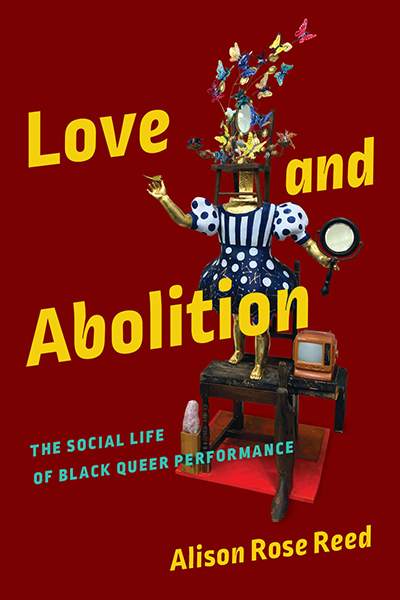“Get Yo’ Life powerfully demonstrates how Black queer people challenge exclusion, antiblackness, and queerphobia through their resistive placemaking efforts. Synthesizing ethnography, archival research, personal insight, popular culture, and theory, Millhouse has produced a deeply persuasive argument.” —Rinaldo Walcott, author of The Long Emancipation: Moving Toward Black Freedom
“Millhouse archives the spaces that once catered to the needs and desires of Black queer people and the behaviors that foster Black queer community, often under duress. Get Yo’ Life makes an important contribution to Black studies, spatial justice studies, and the study of New York City’s queer history.” —Marlon B. Ross, author of Sissy Insurgencies: A Racial Anatomy of Unfit Manliness
In Get Yo’ Life, R. J. Millhouse incorporates gender and sexuality studies, archival work, performance studies, and urban studies to craft a historical geography of Black queer public life and culture from the 1960s onward. He does so via case studies of two Brooklyn nightclubs, Langston’s Brooklyn and Happiness Lounge, as patrons fought to preserve their spaces and community in the face of gentrification. Introducing Black queer spatiality as an analytic method and a type of intersectionality-driven memory work, Millhouse teases out the nuanced functions of care work, performance, and kinship labor, along with attendant sensational, atmospheric, and nostalgic factors, as they inform Black queer placemaking practices. These practices—such as resource fairs, vogue competitions, and the appropriation of public parks as communal places—often face opposition from the police or well-to-do, mostly white, neighbors. Yet, they remain vital sites of Black queer agency. By focusing on the structural powers that condition the lives and placemaking and placekeeping strategies of Black queer people in Brooklyn, Millhouse reveals the ways in which people make and preserve place amid state-sanctioned displacement.

R. J. Millhouse (he/him) is Assistant Professor of urban design and interior architecture at the Herberger Institute for Design and the Arts at Arizona State University. His research is at the intersection of urban and environmental design, geography, gender, and Black studies.
Contents
List of IllustrationsAcknowledgments
Introduction
Chapter 1 Waking Up in Aunt Jeanette’s Place
Chapter 2 Starlite, the Warehouse, and Langston’s
Chapter 3 Care-Work, Performance, and Kinship Labor in Happiness Lounge
Conclusion
References
Index
Related Titles:

Refusals and Reinventions
Engendering New Indigenous and Black Life across the Americas
Daniel Ìgbín’bí Coleman




